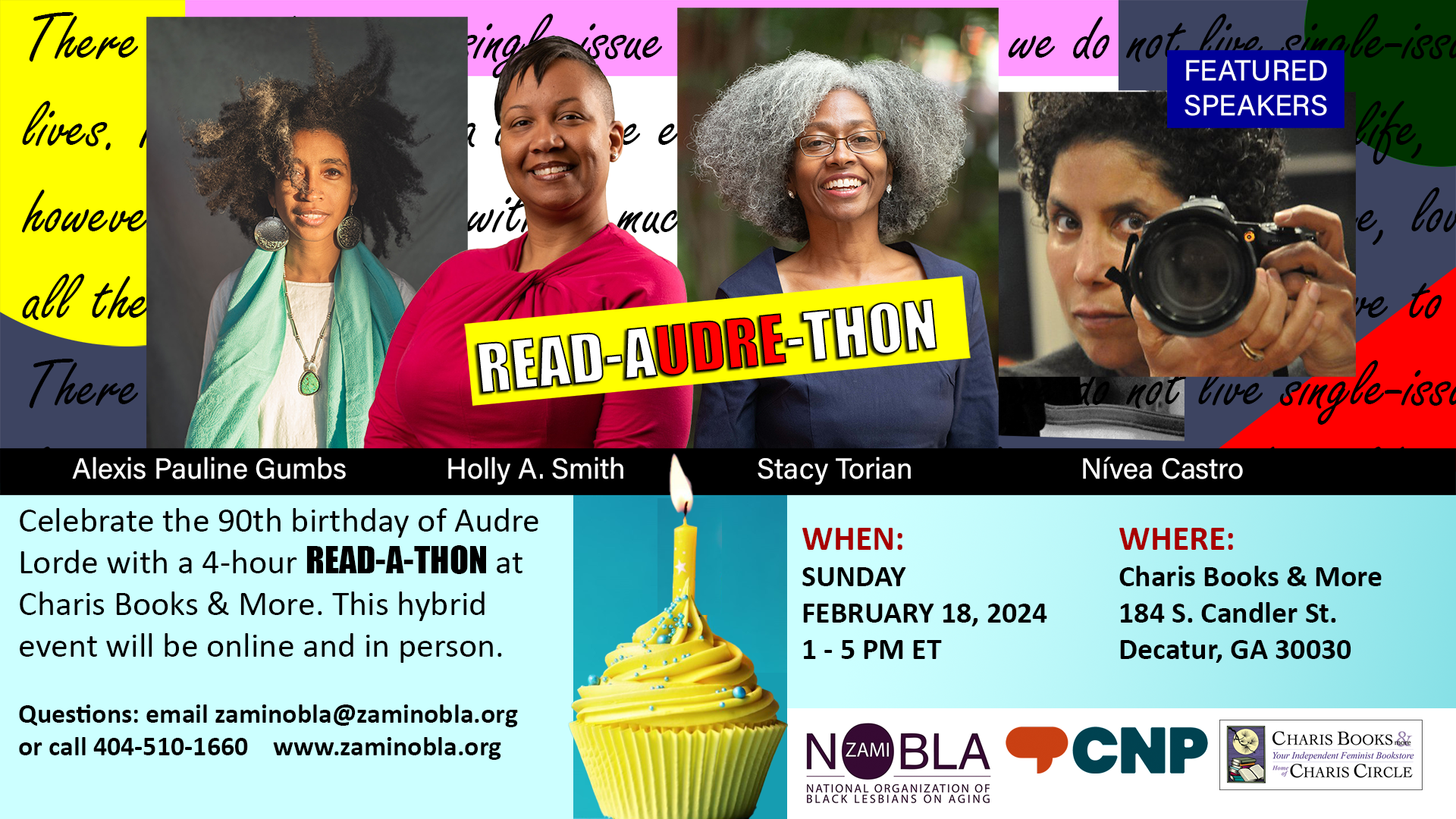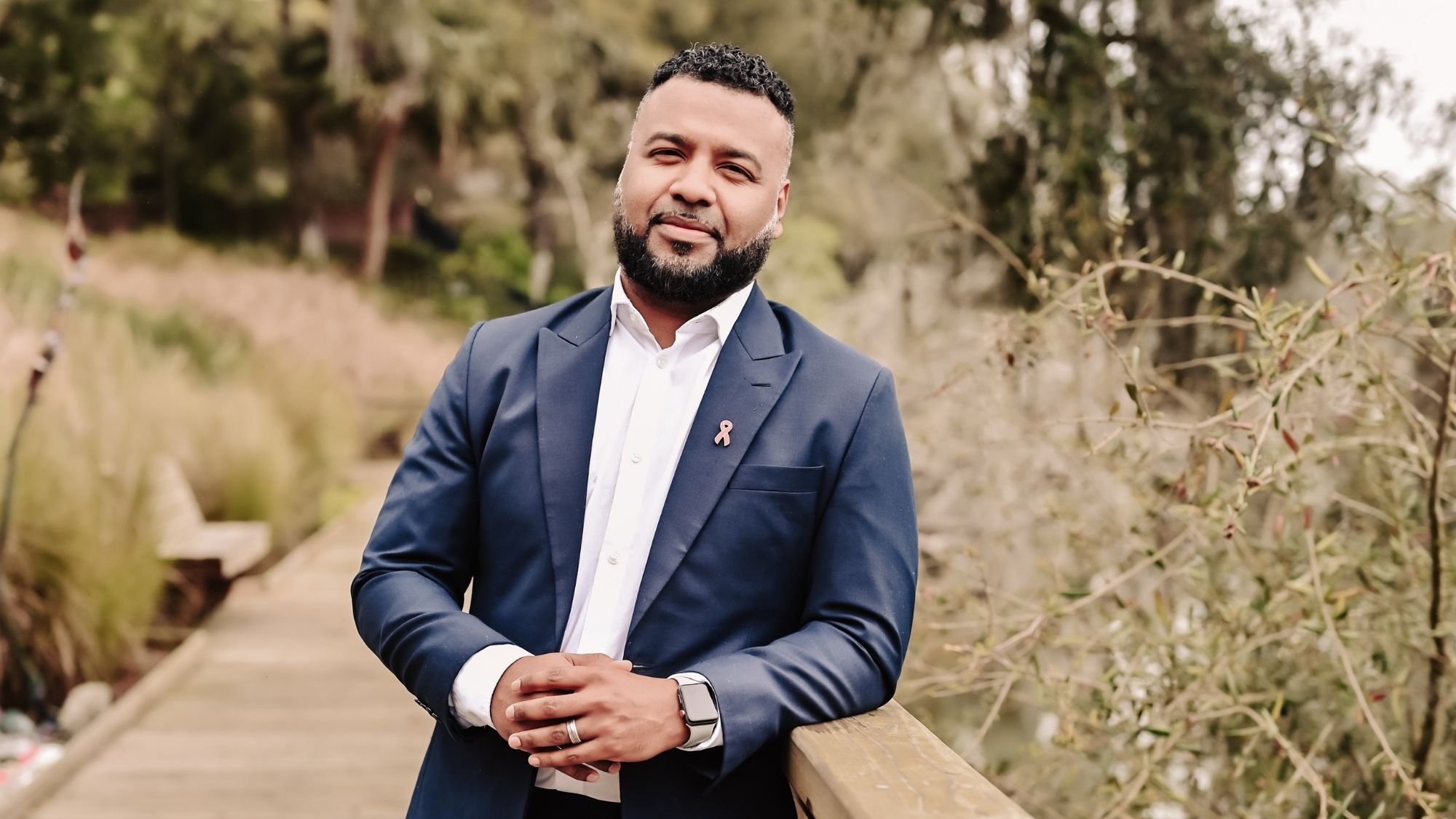Audre Lorde Read-a-Thon Hopes to Celebrate Author’s 90th Birthday, Build Intergenerational Dialogue
It was with these words that poet Audre Lorde began her groundbreaking 1982 work “Zami: A New Spelling of My Name”, in the process launching earning a reputation as a master poet and black lesbian literary icon that has endured years after her death.
























